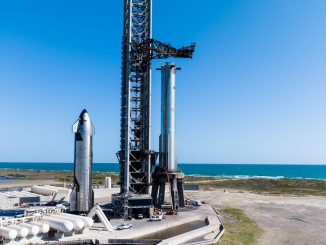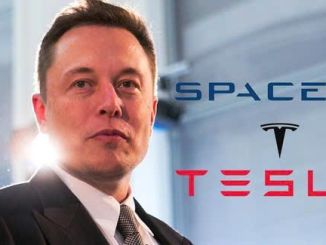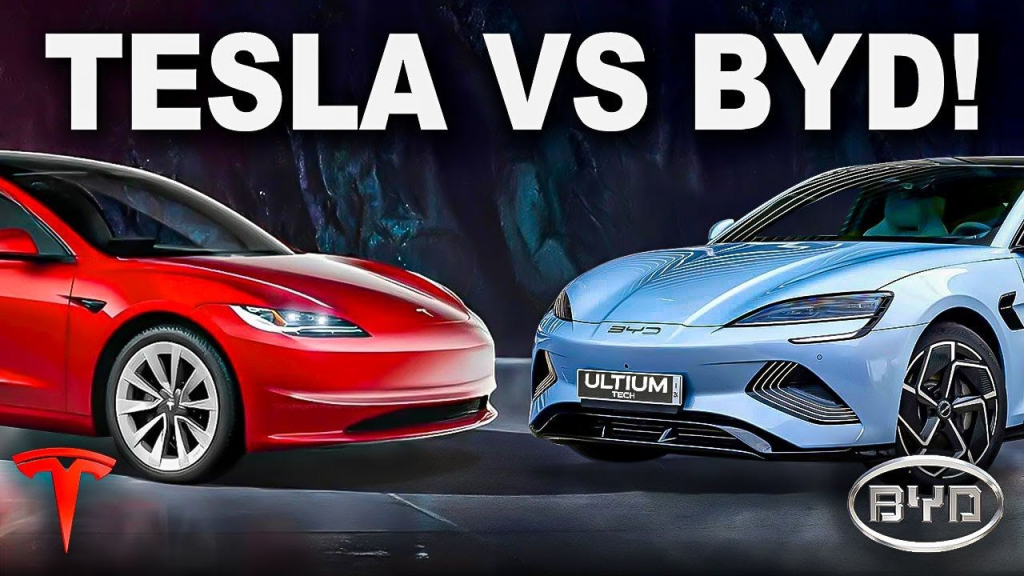
In the ever-evolving world of electric vehicles (EVs), the battle for market dominance between Tesla and its competitors continues to intensify. Recently, Chinese automaker BYD, widely regarded as Tesla’s most formidable rival, has taken a pointed jab at Elon Musk’s company, capitalizing on Tesla’s ongoing challenges in the Chinese market.Tesla’s struggles, particularly in China — the world’s largest EV market — have become a key battleground for automotive giants, and BYD’s growing confidence is evident as it positions itself as the leader in the EV industry.China’s EV market is known for its rapid growth and technological advancements, and for years, Tesla was the undisputed leader in this space. The company’s Shanghai Gigafactory, Tesla’s largest manufacturing facility outside the United States, was intended to give it an edge in production, cost efficiency, and access to local customers. However, over time, Tesla has faced mounting challenges in China that have weakened its position.One major issue is the increasing competition from domestic automakers, particularly BYD, which has become a dominant force in the EV market. Tesla’s prices, once considered attractive, are no longer competitive in China, as local companies offer similar electric models at lower prices.This pricing pressure has led Tesla to make significant price cuts, but these adjustments have had limited success in reversing its fortunes.
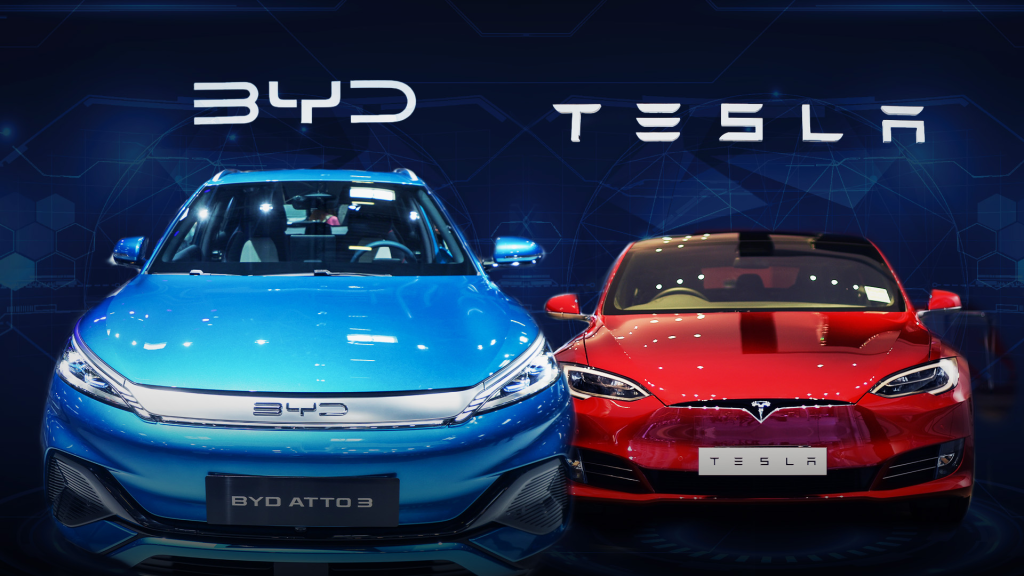
Another challenge Tesla faces in China is the changing landscape of government policies. In the past, the Chinese government heavily supported foreign EV manufacturers like Tesla with subsidies and incentives. However, these incentives have been gradually reduced, which has made it harder for Tesla to maintain its previous margins.Additionally, Tesla’s reputation in China has suffered from concerns about quality control and its ability to adapt to the local market, as well as the ongoing scrutiny over its data privacy practices.BYD, which stands for “Build Your Dreams,” has rapidly transformed from a humble battery manufacturer into one of the world’s largest EV producers. The company’s aggressive expansion strategy and focus on affordability have allowed it to outpace Tesla in key markets, particularly in China. BYD’s vehicles, including electric cars, buses, and trucks, are highly popular with Chinese consumers, thanks to their competitive pricing and high-quality features.In recent years, BYD has emerged as a formidable rival to Tesla in the EV space, outpacing its competitor in sales within China. According to recent data, BYD has become the top-selling EV brand in China, surpassing Tesla in both the volume of vehicles sold and market share.This success is largely due to BYD’s ability to offer a range of affordable and high-quality electric vehicles, which cater to the growing demand for eco-friendly transportation in China.
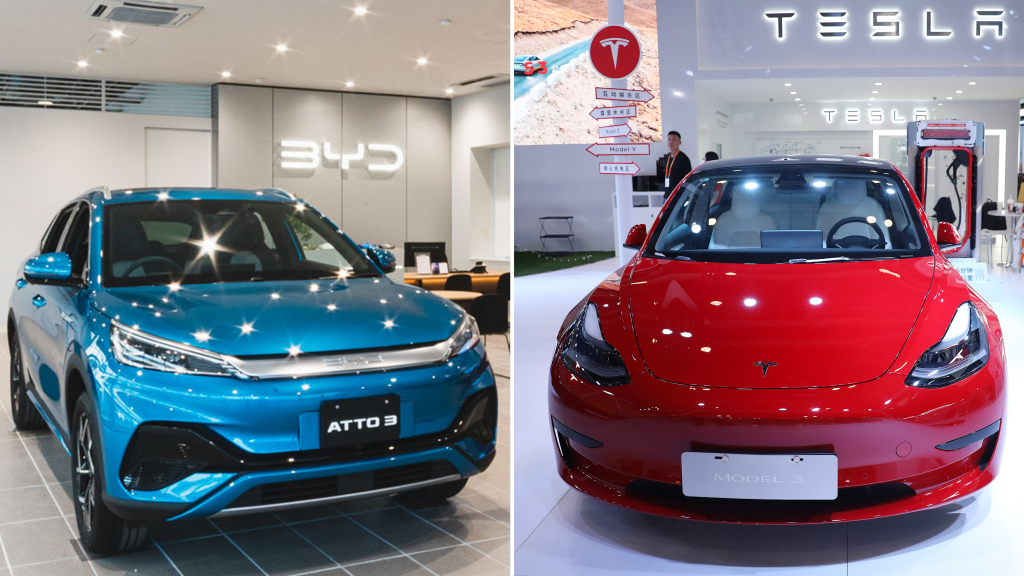
BYD’s strategy has also included strategic partnerships with other global automakers, which has bolstered its reputation and expanded its reach. For instance, BYD recently entered into a partnership with Toyota to jointly develop electric vehicles, further positioning itself as a key player in the global EV market.The company has also committed to sustainable practices, making significant strides in green energy and battery technologies, which have contributed to its increasing market appeal.As Tesla continues to grapple with challenges in the Chinese market, BYD has taken advantage of the situation, seemingly mocking Elon Musk and his company’s struggles. While Tesla has faced criticism for its price cuts and inability to maintain its dominant position in China, BYD has capitalized on the moment to make bold claims about its own success.Sources close to the company have suggested that BYD is using Tesla’s difficulties as an opportunity to increase pressure on its rival, particularly through strategic marketing campaigns and public statements.BYD’s approach to Tesla’s difficulties has been more than just about making an impression; it’s a calculated move to take full advantage of the situation. By highlighting Tesla’s challenges, particularly in China, BYD aims to show the world that it is not only a worthy competitor but also a company that can surpass Tesla in key areas.
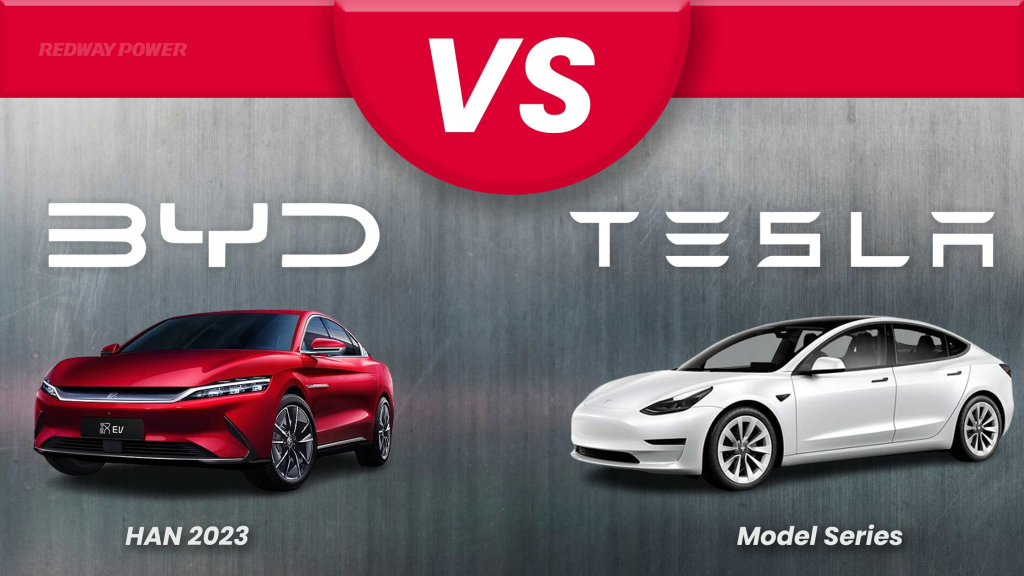
Whether it’s price competitiveness, customer satisfaction, or innovation, BYD’s public positioning seeks to paint Tesla as a company struggling to keep up in a rapidly changing industry.One of the most notable aspects of BYD’s strategy has been its ability to create a sense of momentum, suggesting that it is the true leader in the EV race. While Tesla once led the charge in China, BYD has now positioned itself as the clear frontrunner, particularly in terms of the number of vehicles sold and the diversity of its electric offerings.The company has not been shy about capitalizing on Tesla’s inability to maintain its grip on the market, and it appears ready to continue exploiting this gap.The rise of BYD is a direct result of the increasingly competitive nature of the Chinese EV market. Tesla’s initial success in China was largely due to the company’s unique brand and the cachet of being a foreign electric vehicle manufacturer.However, as local companies like BYD and NIO have developed their own advanced technologies and expanded their offerings, the competitive dynamics have shifted. Tesla is no longer the only game in town, and local automakers have proved they are capable of delivering high-quality electric vehicles at competitive prices.BYD has also benefited from its deep roots in the Chinese market, which have allowed it to better navigate local regulations and understand the preferences of Chinese consumers.
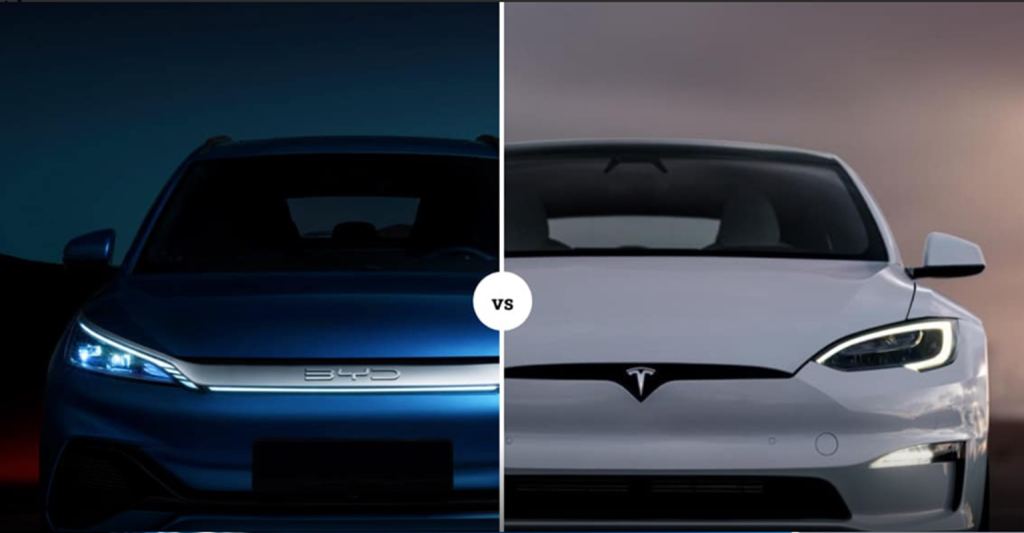
Tesla, on the other hand, has had to face additional hurdles as a foreign brand operating in China. As the Chinese government continues to prioritize homegrown technology companies, Tesla may find it increasingly difficult to retain its market share.While the spotlight is currently on China, the growing competition between Tesla and BYD has global implications. Tesla’s difficulties in China could serve as a warning to other markets, highlighting the challenges that foreign companies may face when trying to break into local markets with well-established domestic players. Additionally, BYD’s success could inspire other companies to rethink their strategies and investments in the EV space, particularly in markets where Tesla is still seen as a dominant force.The ongoing rivalry between BYD and Tesla is shaping up to be one of the defining battles in the electric vehicle industry, with both companies vying for global dominance. While Tesla has established itself as a key player in the EV market, BYD’s rise is a reminder that the industry is evolving rapidly, and success may be determined by a combination of factors, including pricing, innovation, and the ability to adapt to local markets.Looking ahead, Tesla faces an uphill battle in regaining its competitive edge in China. As BYD continues to expand its reach, Tesla will need to address its challenges in the Chinese market while also navigating the global EV race. Elon Musk’s company has already made significant strides in areas like autonomous driving and battery technology, but its ability to sustain growth in key markets like China will be critical in determining its future success.
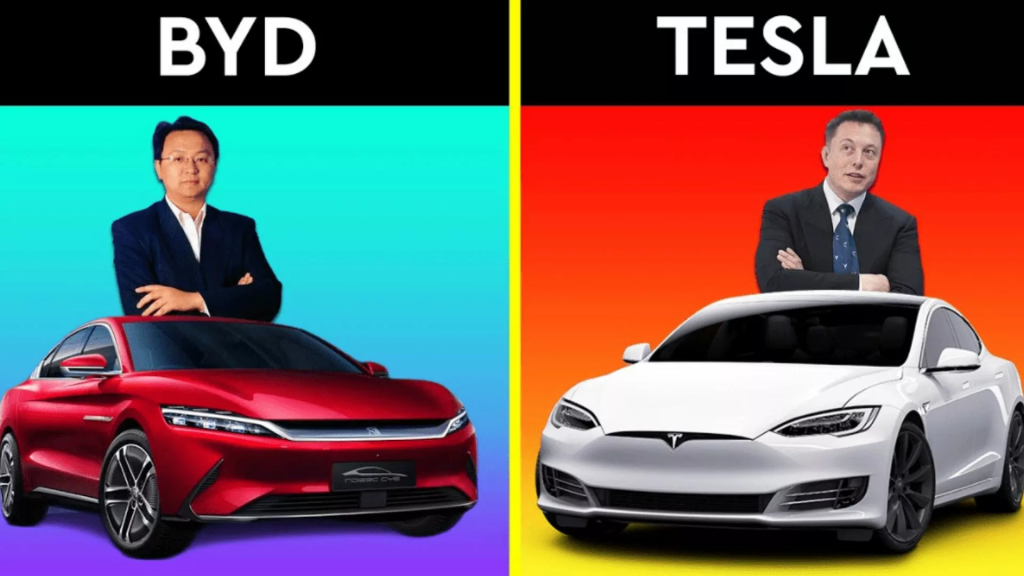
Meanwhile, BYD is poised to continue its rise as a major global player in the electric vehicle industry. As the company’s success in China continues to grow, its next steps will likely include increased expansion into international markets and further advancements in electric technology.The question now is whether Tesla can regroup and reclaim its position as the world’s leading EV manufacturer, or whether BYD’s mockery of Tesla’s struggles will mark the beginning of a new era in the EV industry.As the battle between Tesla and BYD intensifies, one thing is clear: the electric vehicle market is only getting more competitive, and the stakes have never been higher.
